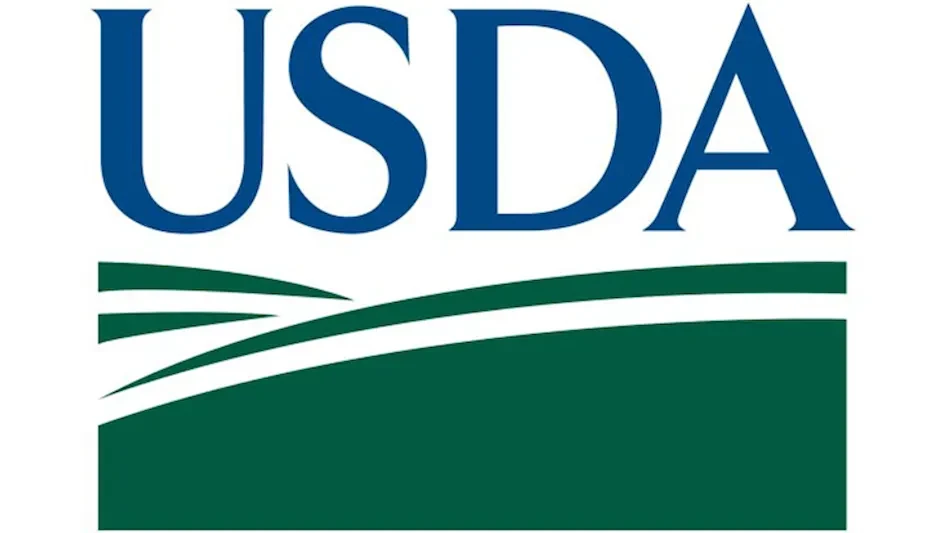
FSIS Announces Stronger Measures to Protect Public from Listeria
The U.S. Department of Agriculture’s (USDA) Food Safety and Inspection Service (FSIS) announced several new steps to strengthen the agency’s oversight of food processing facilities it regulates (meat, poultry and egg products) and ensure safe food.
Over the past several months, Listeria monocytogenes has been linked to foodborne illness outbreaks and large-scale recalls of ready-to-eat meat and poultry products, causing the agency to review its processes closely. While the agency’s review continues, FSIS is announcing a number of improvements and initiatives that can be implemented quickly. The agency will share more information about additional actions that may be needed after further review and stakeholder engagement.
“As a science-based regulatory agency, USDA’s Food Safety and Inspection Service is constantly looking at ways we can and should evolve our processes to protect the public, maintain confidence in America’s food supply and prevent foodborne illness,” said Dr. Emilio Esteban, USDA Under Secretary for Food Safety. “These steps are common sense improvements to our work that will strengthen our food safety net as we continue improving the agency’s work to align with the best available science and practices.”
The changes FSIS is announcing today fall into three categories: enhancing its science-based approach to mitigate foodborne pathogens, with a key focus on Listeria monocytogenes; improving training and tools for its inspection workforce; and evolving its oversight of regulated facilities, with an emphasis on data review and state inspection agreements.
FSIS will initiate the following changes in the next 30 days:
Enhancing FSIS’ regulatory and sampling approach to Listeria.
Effective January 2025, FSIS will add broader Listeria species testing to all samples of ready-to-eat product, environmental and food contact surfaces. FSIS laboratories currently test these samples for Listeria monocytogenes, which is the specific type of Listeria species that causes illness. However, adding additional species testing to the agency’s regulatory framework will help provide more information about the effectiveness of a facility’s sanitation program and can signal to FSIS if follow up is needed (for example, a Food Safety Assessment, intensified sampling or enforcement actions).
FSIS will leverage the expertise of its National Advisory Committee on Microbiological Criteria for Foods (NACMCF). NACMCF is a federal advisory committee that provides scientific advice and recommendations to USDA and other government agencies on microbiological and public health issues. In December, FSIS will begin recruitment for new committee members, who will be given the specific charge of reviewing the agency’s regulatory approach to Listeria monocytogenes. Expertise in Listeria will be sought for membership. The committee’s input will be used to guide more long-term policy changes.
Questions about this Article?:

Copyright © 2021-2025. All rights reserved
This website stores cookies on your computer. These cookies are used to collect information about how you interact with our website and allow us to remember you. We use this information in order to improve and customize your browsing experience and for analytics and metrics about our visitors on this website. To find out more about the cookies we use, see ourPrivacy Policy.